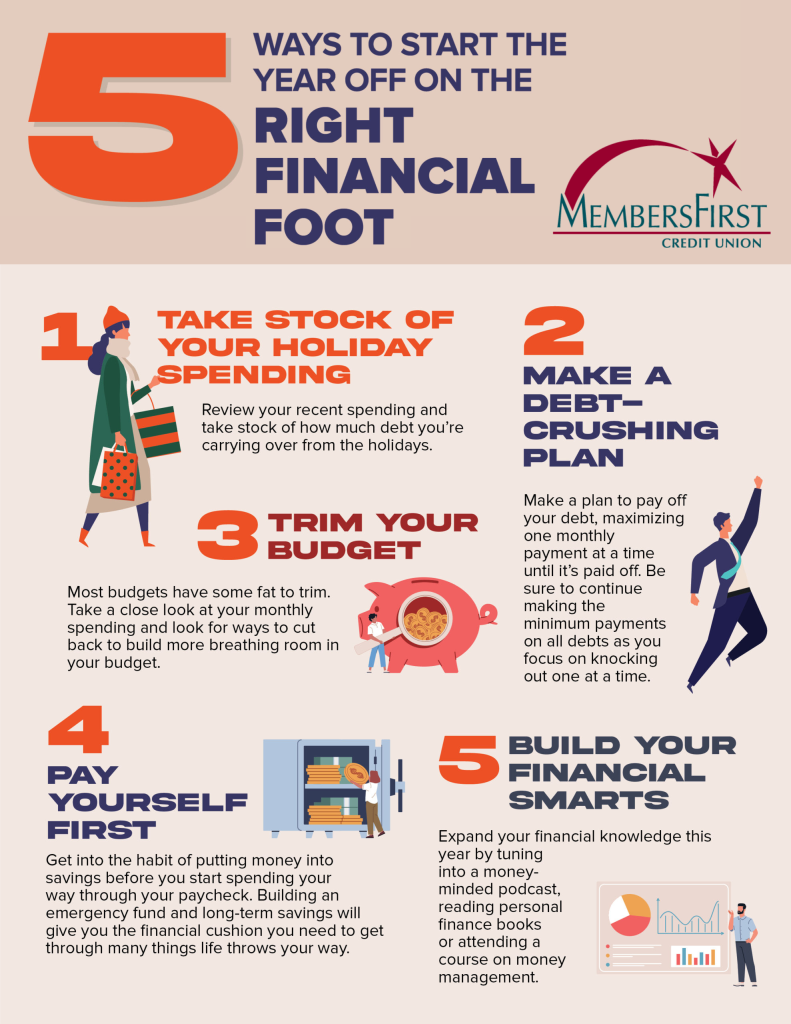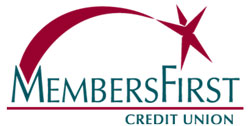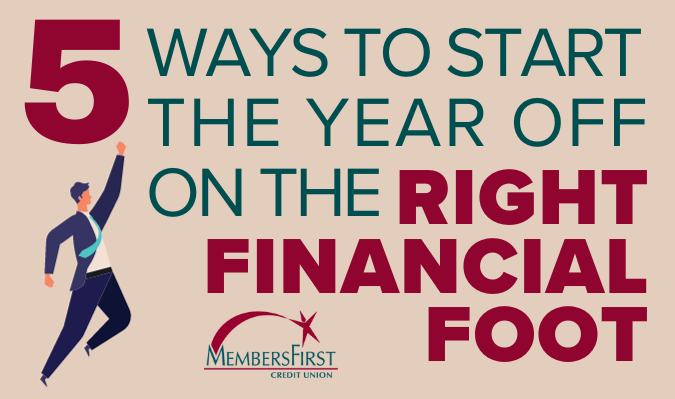As we embark on a new year, it’s a great time to reassess our financial goals and set a solid foundation for success. Starting the year off on the right financial foot involves making intentional and strategic decisions that can positively impact our financial well-being. Whether you’re looking to save more, invest wisely or eliminate debt, there are various approaches to consider. In this guide, we’ll explore five key ways to kick off the year with a strong financial footing, offering practical tips and insights to help you navigate the path to financial prosperity. From budgeting techniques to debt-crushing strategies, these recommendations aim to empower you to make informed choices and foster long-term financial stability.
Take stock of your holiday spending:
When assessing your holiday spending, it’s essential to delve into the specifics of your recent financial activities. Scrutinize your credit card statements, bank transactions and receipts to gain a comprehensive understanding of the extent of your holiday expenditures. Categorize your spending into various expense types such as gifts, decorations, travel and entertainment. By defining the debt you’ve accumulated during the holidays, you can lay the groundwork for an effective debt management strategy in the future.
Make a debt-crushing plan:
Develop a strategic and realistic plan to eliminate your accrued holiday debt. Prioritize your debts based on interest rates or outstanding balances, focusing on one at a time while maintaining minimum payments on others. Consider implementing the debt snowball or debt avalanche method, depending on your financial preferences. Establish clear and achievable milestones for debt reduction, breaking down larger objectives into manageable monthly goals. Regularly revisit and adjust your plan as needed, celebrating small victories along the way to stay motivated.
Trim your budget:
Examine your monthly budget with a discerning eye to identify areas where you can cut back. Evaluate discretionary spending on non-essential items and entertainment, seeking opportunities to reduce or eliminate certain expenses. Negotiate bills and subscriptions and explore more cost-effective alternatives for regular expenditures. Implementing these changes will create financial breathing room, allowing you to allocate funds towards debt repayment and savings. By adopting a frugal mindset, you can create sustainable spending habits that contribute to long-term financial stability.
Pay yourself first:
Prioritize saving by adopting the “pay yourself first” principle. Set up automatic transfers to a dedicated savings account immediately after receiving your paycheck. Establish an emergency fund to cover unexpected expenses and contribute to long-term savings goals. By treating savings as a non-negotiable expense, you ensure that your financial future is safeguarded before discretionary spending takes over. Over time, this habit not only fortifies your financial resilience but also instills discipline in managing your resources responsibly.
Build your financial smarts:
Invest in your financial literacy by exploring various educational resources. Engage with money-minded podcasts to gain insights from financial experts and stay updated on industry trends. Read personal finance books that cater to your specific needs, whether it’s budgeting, investing or debt management. Consider enrolling in a money management course or attending workshops to deepen your understanding of financial concepts and strategies. A free consultation with a certified financial counselor or exploratory conversation with a wealth management advisor might be just the jumping off point you need. Continuously expanding your financial knowledge equips you with the tools to make informed decisions, navigate economic challenges and plan for a secure financial future.
If you have trouble sticking to resolutions, this free e-book might be a big help! However you plan to spend your year, we hope you’ll take steps to make it your best financial year yet!


